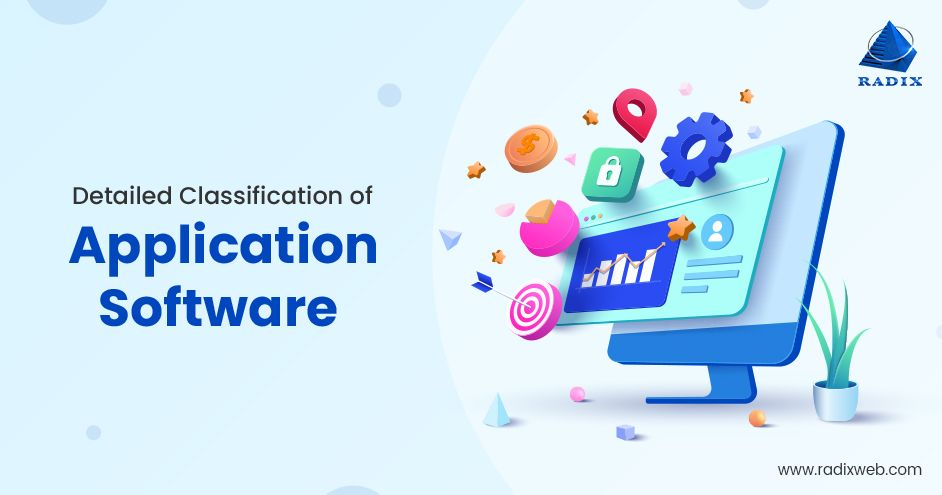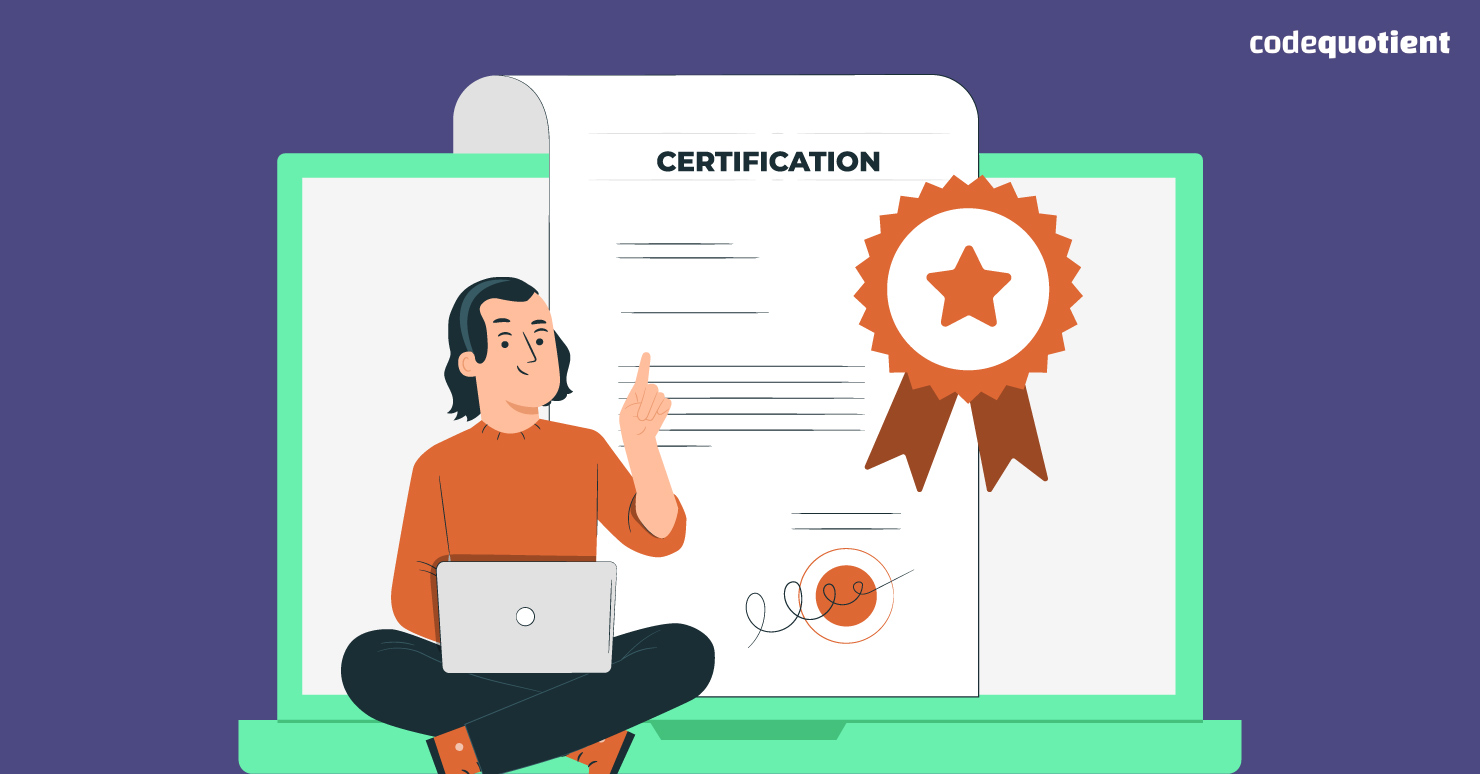

Industry Standards and Guidelines:
Purpose: Standards and guidelines in RCM are developed to provide a structured approach for analyzing the functions and potential failures of equipment, determining appropriate maintenance tasks, and optimizing maintenance schedules. The overarching goal is to enhance equipment reliability, minimize downtime, and improve overall asset management.
Development Process: RCM standards and guidelines are typically developed by industry organizations, professional bodies, or international consortia specializing in maintenance and reliability engineering. These entities collaborate with industry experts to establish best practices, methodologies, and frameworks for implementing RCM effectively.
Types of Standards:
RCM Methodology Standards: These outline the principles, processes, and steps involved in conducting RCM analysis, such as identifying critical assets, determining failure modes, selecting maintenance strategies, and developing maintenance plans.
Maintenance Standards: These specify requirements for executing maintenance tasks identified through RCM analysis, including procedures, techniques, and documentation practices.
Performance Standards: These define criteria for evaluating the effectiveness of RCM programs, such as key performance indicators (KPIs), reliability metrics, and maintenance cost benchmarks.
Benefits:
Improved Reliability: RCM standards help organizations identify and address potential failure modes proactively, leading to improved equipment reliability and reduced breakdowns.
Optimized Maintenance Strategies: By following established RCM methodologies and guidelines, organizations can develop more efficient and cost-effective maintenance plans tailored to the specific needs of their assets.
Enhanced Safety: RCM standards emphasize the importance of safety considerations in maintenance decision-making, helping organizations mitigate risks and ensure a safe working environment.
Compliance and Certification: Adhering to recognized RCM standards and guidelines can demonstrate compliance with industry regulations, customer requirements, and quality management systems, potentially leading to certifications and competitive advantages.
Examples:
SAE JA1011 and SAE JA1012: These standards, developed by the Society of Automotive Engineers (SAE), provide guidelines for implementing RCM in aviation, aerospace, and defense industries.
ISO 14224: This International Organization for Standardization (ISO) standard specifies data collection and exchange requirements for reliability and maintenance management systems, supporting RCM implementation.
ASME PCC-3: The American Society of Mechanical Engineers (ASME) standard provides guidance on implementing RCM for power plants and other industrial facilities.
Implementation Challenges: Challenges in implementing RCM standards may include resource constraints, organizational resistance to change, complexity of asset systems, and the need for specialized expertise in reliability engineering and maintenance management.
Overall, adherence to RCM standards and guidelines enables organizations to systematically improve asset reliability, optimize maintenance practices, and achieve sustainable operational excellence in various industries

Software Solutions::
Failure Mode and Effects Analysis (FMEA):
RCM software typically includes tools for conducting Failure Mode and Effects Analysis (FMEA), enabling users to identify potential failure modes, assess their effects on equipment performance, and prioritize maintenance tasks based on risk.
Asset Criticality Analysis:
These solutions often provide functionality for performing asset criticality analysis, allowing organizations to prioritize maintenance efforts by identifying the most critical equipment based on factors such as safety, production impact, environmental consequences, and maintenance cost.
Maintenance Strategy Selection:
RCM software helps users select appropriate maintenance strategies for each failure mode identified during the analysis. It provides guidance on choosing between corrective, preventive, predictive, or proactive maintenance approaches based on factors such as reliability, cost-effectiveness, and operational impact.
Task Planning and Scheduling:
These solutions enable organizations to develop detailed maintenance plans specifying tasks, frequencies, resources, and responsibilities for implementing selected maintenance strategies. They support scheduling and tracking of maintenance activities to ensure timely execution and compliance with maintenance requirements.
Data Analysis and Reporting:
RCM software offers robust reporting and data analysis capabilities, allowing users to generate customizable reports, dashboards, and key performance indicators (KPIs) to monitor equipment reliability, maintenance performance, and overall RCM program effectiveness. It helps in identifying trends, patterns, and areas for improvement.
Integration with CMMS/EAM Systems:
Many RCM software solutions seamlessly integrate with Computerized Maintenance Management Systems (CMMS) or Enterprise Asset Management (EAM) systems to facilitate data exchange, workflow automation, and seamless transition from RCM analysis to work order generation and execution.
Collaboration and Workflow Management:
These solutions provide collaboration tools and workflow management features to support cross-functional team collaboration, document sharing, decision-making, and approval processes during RCM analysis and implementation.
Regulatory Compliance and Audit Support:
RCM software helps organizations comply with regulatory requirements and industry standards by providing documentation, audit trails, and traceability of maintenance activities and decision-making processes. It supports documentation of RCM analyses, recommendations, and rationale for regulatory audits and inspections.
Training and Knowledge Management:
Some RCM software solutions offer training modules, knowledge libraries, and best practice repositories to support ongoing education, skill development, and knowledge sharing among maintenance teams. They help in building and retaining organizational expertise in RCM methodologies and practices.
Scalability and Flexibility:
RCM software solutions are scalable and flexible, capable of accommodating the needs of organizations of various sizes and industries. They can be customized to adapt to unique business requirements, asset portfolios, and operational contexts, allowing organizations to tailor their RCM programs for maximum effectiveness.

Training and Certification:
Training Programs:
Introductory RCM Training: These programs provide a foundational understanding of RCM principles, methodologies, and processes. They typically cover topics such as asset criticality analysis, failure mode identification, maintenance strategy selection, and RCM implementation.
Advanced RCM Training: Advanced training programs delve deeper into RCM concepts and techniques, exploring topics such as risk analysis, reliability engineering principles, optimization strategies, and integration with other maintenance methodologies.
Customized In-House Training: Some organizations opt for customized training programs tailored to their specific industry, equipment, and operational requirements. These programs may incorporate case studies, practical exercises, and real-world examples relevant to the organization's context.
Certification Programs:
Certified Reliability-Centered Maintenance Professional (CRMP): Offered by various professional organizations and training providers, CRMP certification validates proficiency in RCM principles and practices. Candidates typically need to demonstrate knowledge through examinations or assessments covering RCM fundamentals, analysis techniques, and implementation strategies.
RCM Facilitator Certification: Some organizations offer certification programs specifically for RCM facilitators or analysts. These certifications validate individuals' ability to lead RCM analyses, facilitate team discussions, and develop comprehensive maintenance strategies aligned with organizational objectives.
Specialized Certifications: In addition to general RCM certifications, there may be specialized certifications focusing on specific industries, sectors, or applications. For example, certifications for RCM in aviation, manufacturing, utilities, or healthcare sectors may be available to address unique industry requirements and challenges.
Online and In-Person Training Delivery:
Training programs and certification courses in RCM are offered through various delivery modes, including in-person workshops, seminars, virtual classrooms, and online learning platforms. These flexible delivery options allow individuals to access training resources and complete certification requirements based on their preferences and availability.
Online training platforms often provide self-paced courses, interactive modules, instructional videos, and downloadable resources to accommodate diverse learning styles and preferences.
Continuing Education and Professional Development:
Continuous learning and professional development are crucial for individuals in the field of RCM to stay updated with evolving methodologies, technologies, and best practices. Participation in conferences, workshops, webinars, and industry events can supplement formal training and certification, providing opportunities for networking, knowledge exchange, and skill enhancement.
Vendor-Specific Training:
Equipment manufacturers, software vendors, and consulting firms specializing in reliability engineering and maintenance management may offer proprietary training programs and certification courses related to RCM software tools, techniques, and methodologies. These vendor-specific certifications can provide valuable insights into the use of specific tools and solutions for RCM analysis and implementation.
